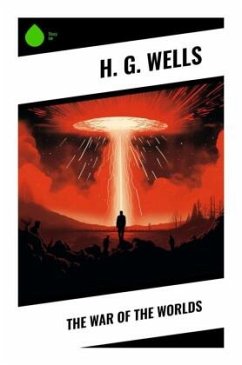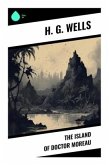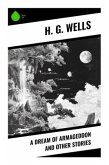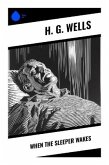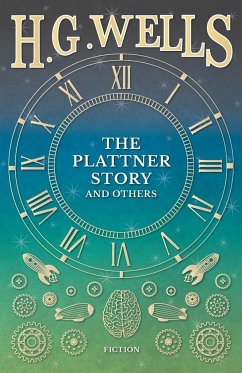H. G. Wells's "The War of The Worlds" is a seminal work of science fiction that grapples with themes of imperialism, human resilience, and the existential threat posed by the unknown. Written in 1898, this pioneering narrative employs a gripping first-person perspective that immerses readers in a chilling invasion by Martians. Wells's vivid prose and innovative use of technology reflect the anxieties of the late Victorian era, as he conjures a world where humanity confronts its own fragility against a backdrop of interplanetary conquest. H. G. Wells, often hailed as the father of science fiction, drew inspiration from his background in biology and social psychology. His experiences during the rapid industrialization of England informed his critical view on humanity's unbridled ambition and the moral implications of technological advancement. Wells's interest in social critique and utopian ideals permeates this novel, allowing him to explore human nature under duress before an extraterrestrial menace. This book is a must-read for anyone interested in the evolution of science fiction and its commentary on society's fears. Wells's incisive exploration of humanity's vulnerabilities and the potential horrors of technological progress resonates with contemporary readers, making "The War of The Worlds" a timeless classic that remains relevant in today's discourse on science, ethics, and the future.
Bitte wählen Sie Ihr Anliegen aus.
Rechnungen
Retourenschein anfordern
Bestellstatus
Storno

